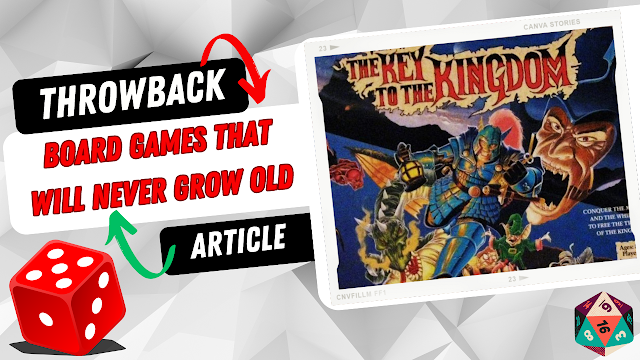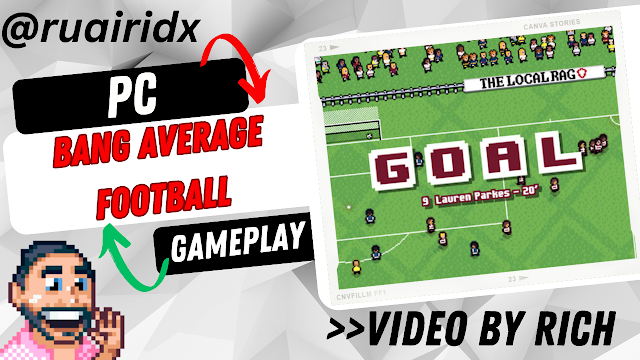Finding information. Keeping up with the news sites you follow. Forums and chatrooms. Online shopping. Web browsers have been used for almost everything you can do online, especially on PC and laptop, for a long time. However, as many a gamer is aware, they have also plagued a pretty pivotal role in how many of us have gamed, at one point or another. Here, we’re going to explore the history of browser games, as well as how they continue to survive, and are perhaps even thriving in new ways today.
MUDs
MUDs are widely considered pre-cursor to interactive online literature (such as the earliest days of the breakout success Homestuck), to modern text adventure games as a whole, as well as the MMO genre from which titans such as Runescape, World of Warcraft, and the critically acclaimed MMORPG Final Fantasy XIV. Since the days of dial-up internet, these multi-user dungeons, including the very original one, MUD, (which is still playable at british-legends.com to this day) saw people collaborating in playable written stories. Many of them were rooted very heavily in fantasy, featuring worlds such as Middle-Earth, Earthsea, the Dungeons & Dragons setting, and the like.
The Dawn of Flash
Flash was not the first time that you could play games in your browser that featured graphics and the like, with JavaScript allowing that before the release of it. However, Macromedia Flash, which was originally intended to be a web development tool and, indeed, was used as such for a long time, almost immediately broke out the gate as one of the easiest and most widespread ways for amateur animation workers and game devs to break out onto the scene. It didn’t take long for hundreds of websites to offer flash games, with Newgrounds being not just one of the most well-known, but also a cultural force in and of itself, largely credited for being one of the first nurturing spots for online gamers and other pop culture-loving nerds to get quite edgy with their content and behaviour.
Social media gets into the mix
Flash and other online game-making tools grew more and more popular, and the social nature of the internet not only meant that there were sites built around them, but that they became a pretty large component of how people used these social spaces, as well. Farmville is the one that’s still probably the most recognizable of these games that encouraged people to connect with their friends, even if only to ask them to click a button that would send them resources or lives in games. Of course, this coincided with the first large boom of microtransactions in games, with many of the King games, like Bubble Witch Saga and Farm Heroes Saga allowing people to spend money to keep on playing when they ran out of their free lives. Needless to say, the ripples of this design decision have continued to be felt to this day.
Flash gets mainstream
For a long while, flash games were the single most dominant form of browser gaming and while the mainstream gaming audience may not have taken much note of them, the core audience more inclined to indies and the like started to form a distinct gaming identity. So, it’s no surprise that some of the best examples of Flash games would go on to get full retail releases, and even to spawn some highly lauded dev teams, with things like Alien Hominid, Super Meat Boy, and Hungry Knight (which was the precursor to one of the most popular indie games of all time: Hollow Knight.)
The poker boom
Does anyone remember the big poker boom of the mid-2000s? Online poker was just one of the kinds of games that flourished in this new world of online browser-based gaming, as it became easier for people to not only play in their browsers but play together, at the same time. It was more than just the widespread popularity of online poker, we had a cultural boom in the internet of poker, with television series and even channels becoming dedicated to the game. This largely ended in its earliest form thanks to the Unlawful Internet Gambling Enforcement Act of 2006, but for a while, online poker, both paid and free, was the big crossover gaming hit that originated in the browser.
The end of an era
At its zenith, the browser-based Flash game scene was a multi-billion dollar industry. That’s no exaggeration. Sites like Newgrounds, Kongregate, and Armor Games each got millions of unique clicks per day, which drew in advertising revenue when it was also at one of its most lucrative stages. But, eventually, it had to give way. There are a wide variety of factors responsible for the decline of Flash, as explored here at length at Polygon.com, including the rise of mobile gaming (which began to adopt and center some of the very worst excesses of micro-transactions found in some Flash games), the spread of Steam as the de-facto PC gaming platform, and free-to-play gaming across all platforms in general. Most of the big sites that grew during Flash are still online to some degree, still hosting browser-based games but usually in new engines, as Adobe (Flash’s last developers) decided to shutter support for the platform for good.
The high-rollers
One of the elements of online play that we haven’t touched upon, quite yet, because it exists in a space that’s a little different from other kinds of gaming, is casino games. There are all kinds of slot, poker, and other casino games playable for free and without prizes that have been made available on most mainstream online game sites, but there’s also a very dedicated scene around real stakes gaming. Amongst these various sites, a few games and developers, in general, have stood out as the cream of the crop,m much like the hey spin sister sites @ heyspinsistersites.com. Naturally, the real stakes and real prizes are just as much a part of the thrill of this side of gaming as the games themselves. However, this is a side of browser-based gaming that has been around for as far back as the boom of Flash gaming.
Back to the classics
Emulation is another side of gaming that we spend less time talking about, in large part due to its questionable legality. However, there’s no doubt that plenty of gamers have been revisiting classics through some of the most popular emulation sites (none of which we’ll be naming here.) Indeed, there are some regions that have only been able to experience certain games or even certain consoles due to these browser-based emulators. A very worthy part of the browser game landscape, especially for those who take video game preservation seriously.
Scratching the itch
Flash was not without its competitors and contemporaries throughout its entire lifespan, and some of them did, indeed, end up outlasting and replacing it. One of the limiting factors of Flash was the trouble it had incorporating multimedia, and another was its significant resource consumption, making it difficult for games to run for a long time. HTML5 and Unity both became the newest standards of browser-based gaming. Whilst they have still not reached the heights of relevance to modern gaming culture as Flash did in its heyday, sites like itch.io have become the new playground for many amateur devs and indie game enjoyers alike.
Getting social (again)
Social media’s connection to gaming has been a constant source of browser-based socializing for gamers ever since Farmville was available on Facebook. Nowadays, a lot of social media based-gaming is about sharing an evolving experience through social media, with Wordle being one of the key examples. Geoguesser has developed almost as much of a strong social media presence of well. However, shared gaming content is perhaps experienced more in browsers by watching streams and the like through platforms such as Twitch and YouTube Gaming. In fact, watching gaming content has become a much larger part of being a gamer than many would have ever thought possible, leading to the development of things like games that include chat integration, allowing people in chat, be they in the browser or the app, to interact with the gamers and the gamers they’re watching in whole new ways.
Missing Flash?
Reading through the history of browser-based gaming, it is impossible to ignore the huge impact Flash had as a platform. Though active Flash development is barely a thing now, there has been a concentrated effort to provide safe and accessible ways for people to keep playing classic Flash games without having to use the Flash app itself. The Flash Game Archive at flashgamearchive.com is one of the undersung heroes of the modern video game preservation movement.
As long as there are browsers and as long as there are gamers, there are very likely to be browser games. What form they’ll take, no one can guess, as the tools to make and play them get only more advanced and sophisticated.




No comments:
Post a Comment
Like what you see in the Games Freezer?
Why not tell us what you think with a few well-chosen comments? :)